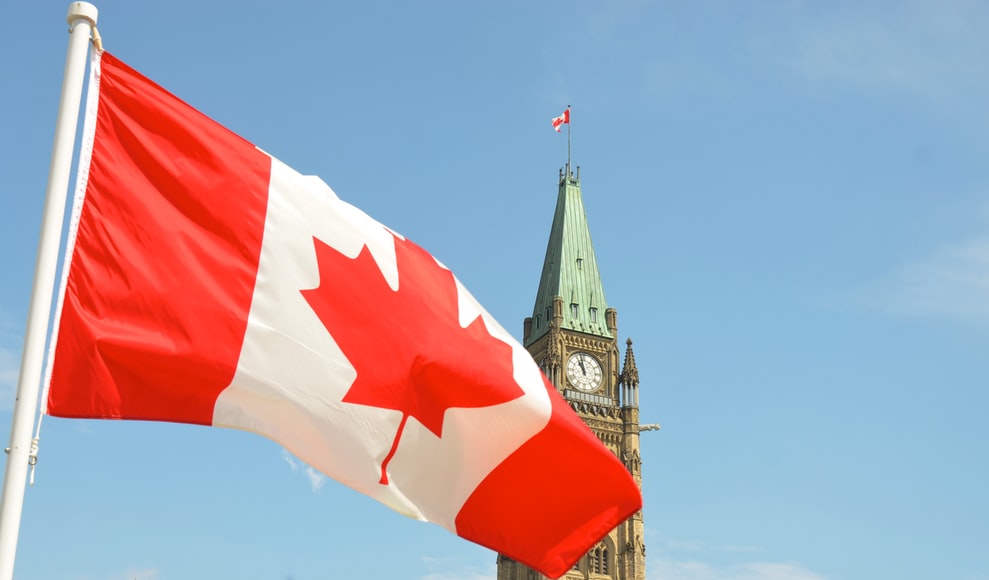Are There Time Zones Over the Oceans?

There are 24 hours in a day, so dividing the Earth into 24 time zones would be ideal. This is because dividing 360 degrees into 24 would mean that the time change is with every 15-degree longitude. Initially, there were 24 time zones, but more time zones were created because of the political and geographical boundaries of many countries. For instance, countries like Afghanistan, Burma, India, and Iran use half-hour deviations from the standard time. Learning time zones could be challenging because there are also countries that observe Daylight Saving Time, but if you are curious about time zones, we're here to help you learn more about them. We’ll also answer what many people ask, "Are there time zones over the ocean?"
Time Zones Over the Oceans
If you are traveling over the ocean, you might wonder what time is it. Should you follow the country you departed from or the country you will arrive at? This could be pretty confusing, but you should remember that time zones change one hour every 15 degrees of longitude. Though there are countries that follow 15-45 minute deviations, you can stick to the standard one-hour deviation. Besides, time zones are just artificial tools that were invented to organize people's time. When crossing an ocean, whether it is east to west or vice versa, one thing is for sure, you will be crossing many time zones.
Dealing With Time Zones When Crossing the Seas
Probably, you are curious how to deal with time zones over the ocean. If you don't know the time zones you will pass by, you might have difficulty telling which time zone you should follow. To deal with time zones while traveling over the ocean, you can stick with the time zone of the country you departed from. You can change it once you arrive at your destination. In other words, the choice is yours because no one is telling you what to do when you are on a boat or ship.
Another thing to deal with time zones over the oceans is following the ship's time. The ship's captain is already experienced in dealing with many time zones. It depends on the captain whether you adjust the time around midnight, by half an hour, for the day and night shifts. What matters most is that the time the ship is following matches the time of the harbor when the boat arrived. In other words, the captain of a ship has full control over what time is kept on board.
If you are wondering if there are time zones over the oceans, the answer is yes. You could be dealing with many time zones when you are traveling because time zones change every one hour. Suppose someone asks you what time it is; you can stick with the country's time zone where you departed from or use the time of the place where you are destined to be. Another option is to follow the ship's captain time.